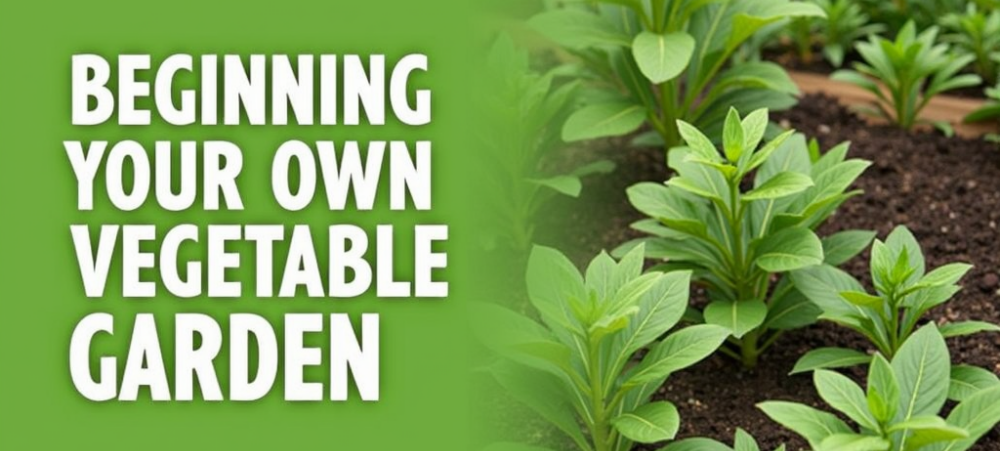When to Begin Your Garden

Welcome to our FAQ on beginning your very own vegetable garden. Here, you’ll find answers to common questions to help you get started.
**Q1**: What are the first steps to start a vegetable garden?**
**A1**: Select a sunny spot and decide which vegetables you want to grow. Clean the area by removing weeds and enriching the soil with compost or organic matter. A well-prepared bed sets the foundation for a flourishing garden. . Test your soil to understand its condition and then plan the layout of your garden space. Gather your essential gardening tools. Prepare the soil by loosening it and adding any necessary amendments before planting.
**Q2**: Which vegetables are best for beginners?**
**A2**Easy-to-grow options include leafy greens like lettuce and spinach, which mature quickly. Root vegetables such as radishes are also beginner-friendly and fast-growing. Bush beans and zucchini are productive and don’t require much support. Consider cherry tomatoes as a more manageable tomato variety for new gardeners.
**Q3**: How do I maintain my garden?**
**A3:** Water your plants consistently, especially during dry periods, aiming for deep watering. Regularly remove weeds to prevent competition for resources. Mulch around your plants to help retain moisture and suppress weed growth. Monitor for pests and diseases, addressing them with appropriate methods if needed. Replenish soil nutrients periodically with compost or organic fertilizer.
**Q4**: When should I plant my vegetables?**
**A4:** Plant cool-season crops like lettuce and carrots in early spring (February-March) and again in the fall (September-October) to avoid summer heat. Warm-season vegetables such as tomatoes and beans should be planted after the last frost, typically around mid-March to early April. Pay attention to specific planting recommendations for each vegetable variety in your region.
**Q5**: Do I need special tools or equipment?**
**A5:** Essential tools include a shovel or spade for digging and a garden fork for loosening soil. A hand trowel is necessary for planting seedlings, and a hand rake helps level the soil. Gardening gloves protect your hands, and a watering can or hose is needed for irrigation. While specialized equipment isn’t immediately necessary for a small garden, these basic tools will get you started.
Check out my video
https://video.pictory.ai/v2/preview/1139978065885644191171745293381686
Affiliate Link
Affiliate Link: www.wealthyaffiliate.com?a_aid=d16f1cc2